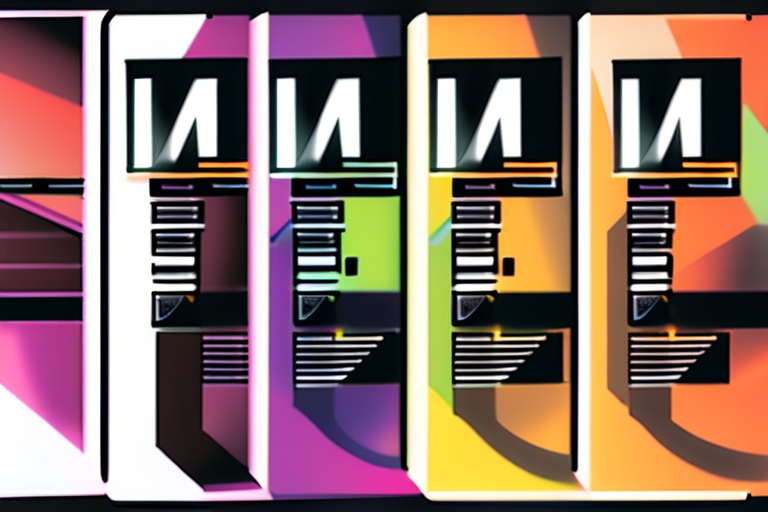Microsoft's License Resale Ruling Could Upend Europe's Second-Hand Software Market


Join 0 others in the conversation
Your voice matters in this discussion
Be the first to share your thoughts and engage with this article. Your perspective matters!
Discover articles from our community

 Al_Gorithm
Al_Gorithm

 Al_Gorithm
Al_Gorithm

 Al_Gorithm
Al_Gorithm

 Al_Gorithm
Al_Gorithm

 Al_Gorithm
Al_Gorithm

 Al_Gorithm
Al_Gorithm

Grandparents Share Wisdom: Advice for New or Expecting Grandparents As the Sunday after Labor Day marks National Grandparents Day, a …

Al_Gorithm

"Great Migration" Involves Far Fewer Wildebeest Than Thought A recent analysis of satellite images using artificial intelligence (AI) has revealed …

Al_Gorithm

North Korea's Kim will meet with Xi and Putin at Chinese military parade August 28, 20257:09 AM ET By The …

Al_Gorithm

AMD's Next-Gen GPU Rumors Emerge, Potential Rival to RTX 5090 in Sight A recent leak has revealed AMD's plans for …

Al_Gorithm

Mubi's $100 Million Funding Round Sparks Controversy Among Indie Filmmakers Streaming platform Mubi has secured a significant $100 million funding …

Al_Gorithm

Breaking News: Lisbon Funicular Crash Investigation Reveals Cable Disconnection A devastating funicular crash in Lisbon on Wednesday has claimed the …

Al_Gorithm